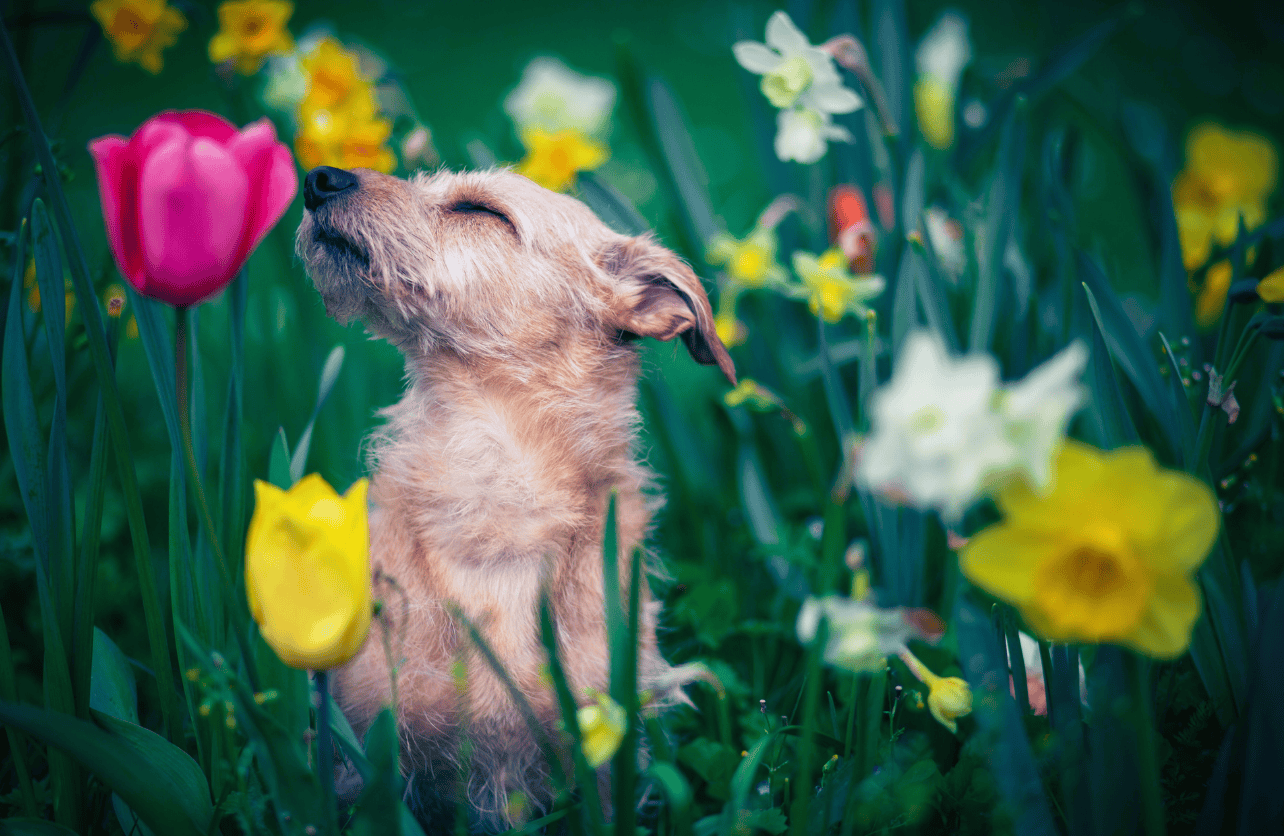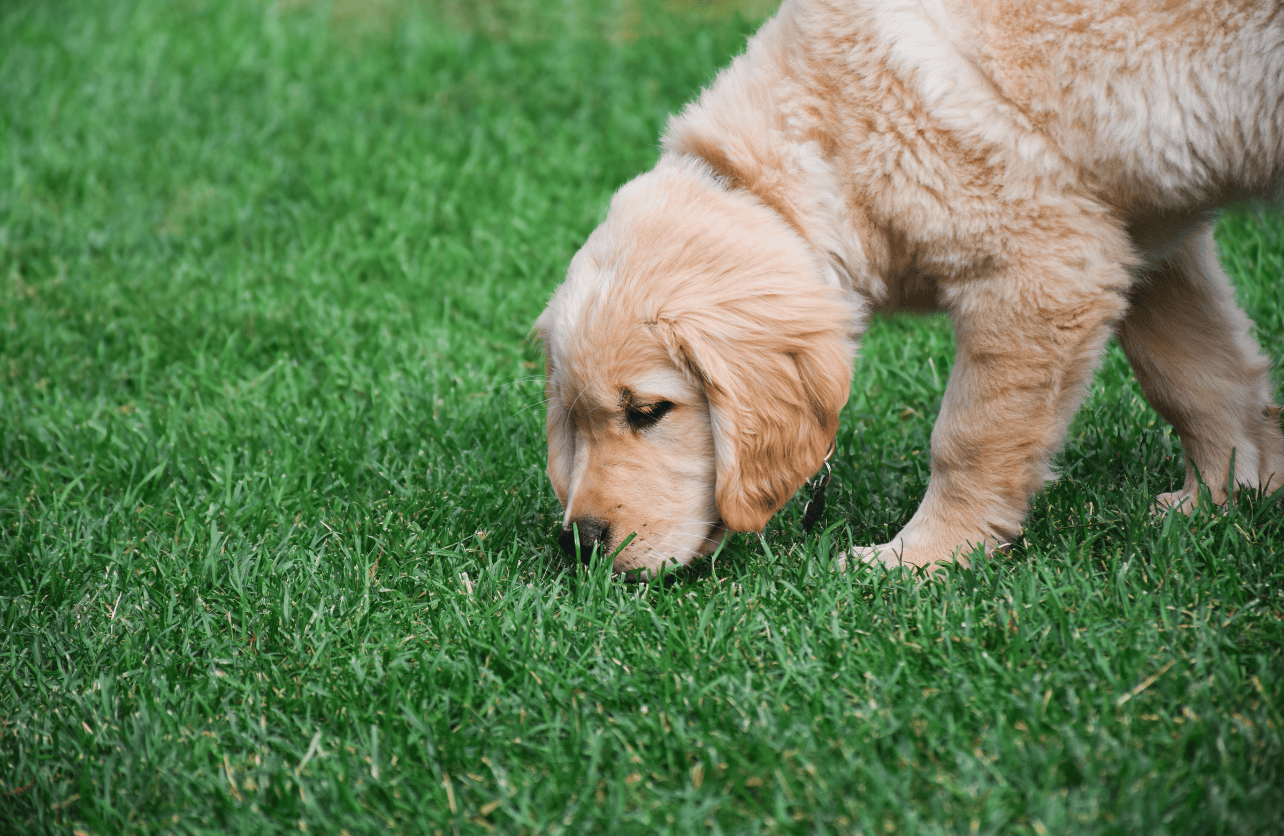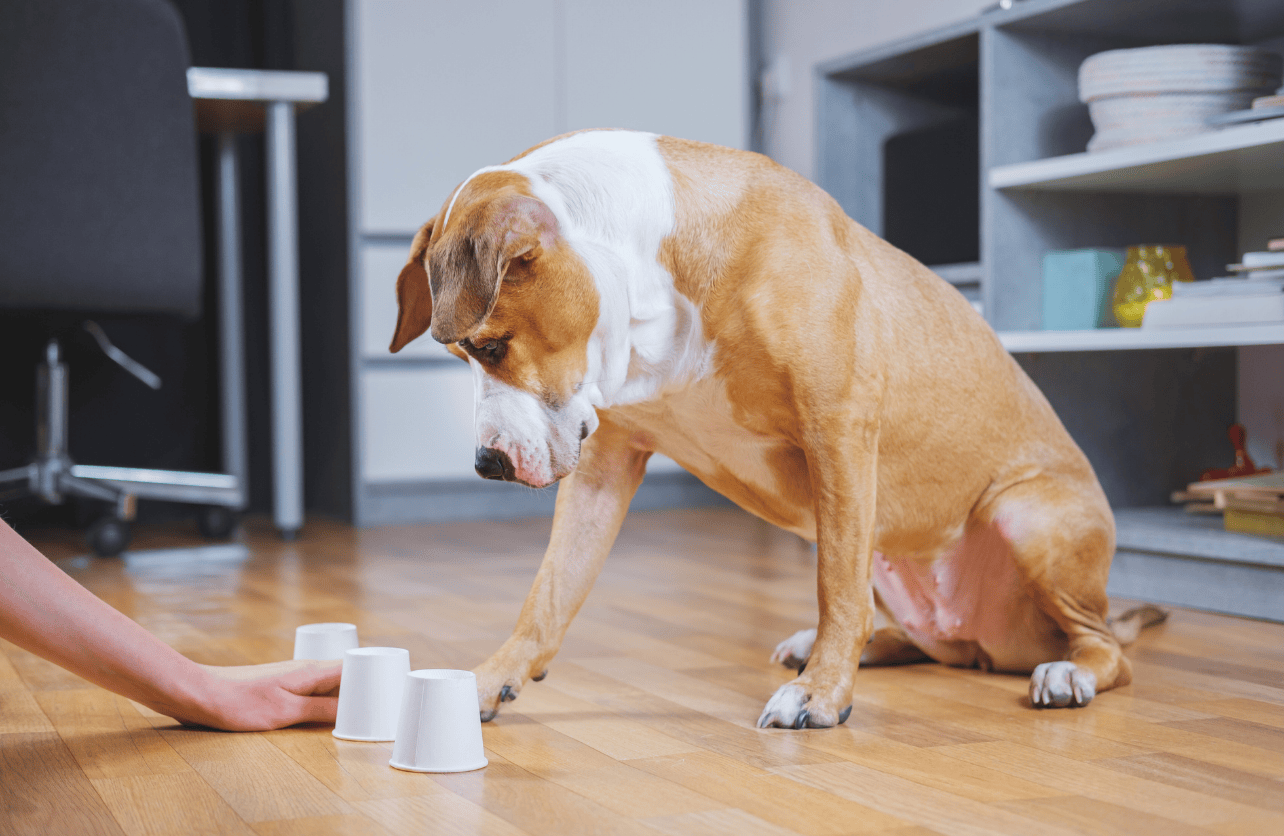The Role of Scent Work in Mental Stimulation for Dogs

Dogs experience the world primarily through their sense of smell. Their noses are estimated to be tens of thousands of times more sensitive than the human nose, which means they can detect scents we may not even know exist. This powerful olfactory ability serves a critical purpose in the canine world, guiding everything from social interactions to survival instincts. In recent years, scent work—sometimes called nose work—has gained popularity among dog owners and trainers as a way to engage a dog’s natural talents. By tapping into this core canine trait, we can provide dogs with meaningful mental stimulation, enhance their confidence, and foster a deeper bond between dog and owner.
Understanding Scent Work

Scent work is more than simply asking a dog to “find it” or locate treats around the house. It involves structured activities that challenge dogs to identify specific odors, track scents over a given distance, or systematically search an area. Professional scent detection dogs, such as those used in law enforcement or search and rescue, undergo rigorous training to find narcotics, explosives, or missing persons. While it might seem highly specialized, the basic principles behind scent detection are accessible to any dog owner. With simple at-home exercises, pet parents can incorporate nose games that give dogs an outlet for their powerful sense of smell and channel their mental energy.
How Scent Work Engages a Dog’s Mind
When dogs participate in scent work, they rely on a complex interplay between their noses and brains. They draw in air through specialized nasal structures that separate breathing air from “smelling” air, maximizing their ability to analyze odors. As the dog processes these scents, the brain engages in a type of puzzle-solving. The dog must discern faint clues, trace them back to their source, and make decisions about where to move next.
This mental workout is far more stimulating than it may appear on the surface. While a game of fetch or a walk around the block is beneficial for physical health, it can become routine and predictable. Scent work, on the other hand, requires the dog to focus and think in order to succeed. This problem-solving aspect keeps the dog mentally engaged and can reduce boredom, anxiety, and destructive behaviors that often arise when dogs are understimulated.
Benefits Beyond Mental Enrichment
Although mental enrichment is a primary reason many pet owners explore nose work, the benefits don’t stop there. Dogs who regularly engage in scent-based games, particularly shy or anxious dogs, often exhibit greater confidence. The process of searching, finding, and being rewarded builds a sense of accomplishment. By putting the dog in charge of problem-solving, scent work naturally increases their self-assurance.
Scent work also reinforces the bond between dogs and their humans. Handlers who guide the exercises learn to read subtle body language—like sniffing patterns or tail placement—that may indicate the dog is onto a specific scent. In turn, dogs learn that their owner is a supportive partner in the game. Positive reinforcement techniques, such as praise, treats, or toys, cement a feeling of teamwork and shared success.
From a purely practical standpoint, dogs that have experience with scent work are often easier to train in other areas as well. Their heightened focus and well-developed sense of environmental awareness translate into quicker responses to commands and better impulse control. Regular exposure to new environments or hidden odors can also help dogs adapt to unpredictable situations, leading to a calmer disposition in daily life.
Setting Up Basic Scent Games

You don’t need specialized training equipment or an expansive backyard to get started with nose work. One simple approach is the “shell game,” where you hide a treat under one of several cups or small containers. Let your dog watch as you place the treat under the cup, then encourage them to sniff and find it. Once they’ve mastered the basic version, try switching the cups around to add a layer of difficulty.
Another straightforward game involves hiding treats in cardboard boxes. Scatter several boxes around a designated space, placing treats in some but not all of them. Release your dog into the area and allow them to roam, sniffing out the rewards at their own pace. This activity introduces the idea of systematically searching different containers, much like professional detection dogs do.
To keep your dog engaged, rotate between different games and difficulty levels. For instance, you might use small containers, puzzle toys, or even hide a scent-infused cotton ball instead of treats. As your dog’s skill grows, increase the complexity by hiding items in new or unexpected places, such as higher shelves or underneath furniture. This variety ensures your dog’s interest remains high and prevents the activity from becoming too easy or predictable.
Scent Work in Everyday Life
While structured nose work sessions provide a potent mental workout, you can also incorporate scent-based enrichment into your dog’s everyday routine. During walks, allow your dog time to “sniff and explore” instead of rushing them along. These so-called “sniffaris” can be incredibly enriching because they give dogs the freedom to investigate the world around them at a leisurely pace.
If you have access to a safe outdoor space, plant dog-friendly herbs like lavender or mint in your garden. You can scatter small amounts of kibble or treats among the plants and encourage your dog to use their nose to sniff out each tidbit. This transforms the backyard into a dynamic environment that can simultaneously stimulate their mind and keep them physically active.
Summing Up
Scent work capitalizes on one of a dog’s most powerful innate skills—their sense of smell—and converts it into a fulfilling and mentally stimulating activity. By offering puzzles, hunts, and structured nose games, owners can help their dogs hone essential skills, gain confidence, and develop a stronger bond. From simple at-home searches to advanced detection exercises, the possibilities are nearly endless. Incorporating scent work into your dog’s daily routine doesn’t require expensive equipment or professional-level know-how. It just takes creativity, patience, and a genuine appreciation for the remarkable olfactory world that dogs inhabit. With regular scent activities, you’ll likely see noticeable improvements in your dog’s behavior, mental well-being, and overall happiness—truly harnessing the power of their extraordinary nose.
Your Pet’s Best Interest, Always
At Pet Institute, we take pet care seriously. We're dedicated to transparency, impartiality, and the well-being of your pets in every article, review, and recommendation we provide. Our unwavering commitment to these principles ensures that you, our valued reader, always receive reliable and unbiased information. Let us be your trusted guide in the world of pet care and companionship.